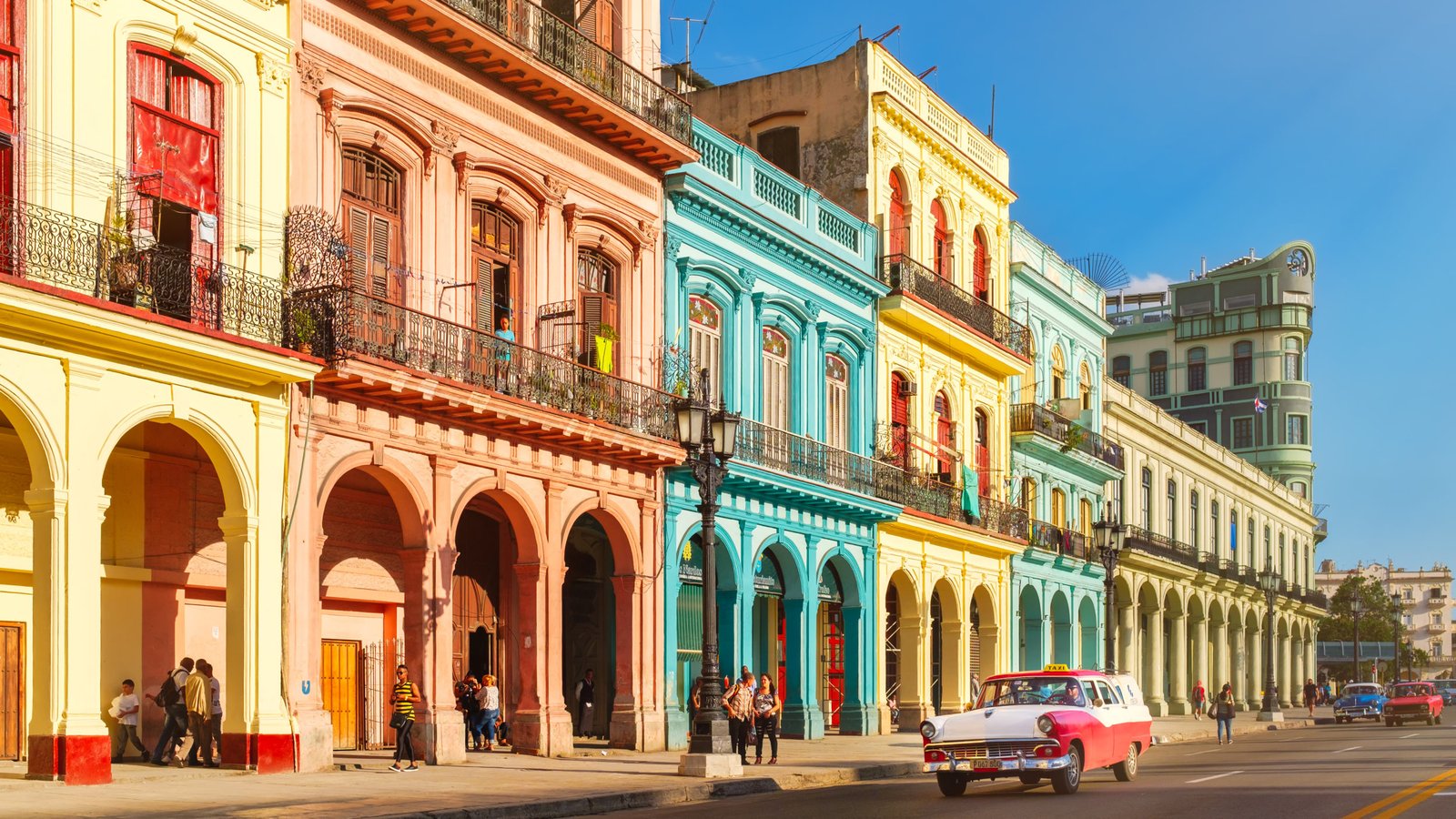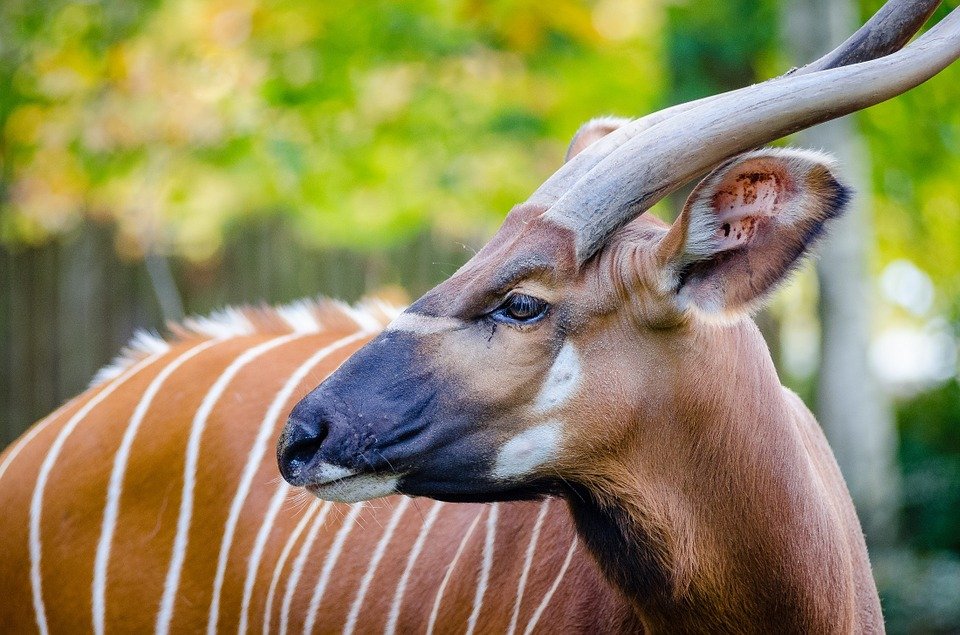Introduction
Cuba, an island nation in the Caribbean, is rich in culture and history, shaped by its diverse influences, vibrant traditions, and resilient spirit. “Cuba Uncovered: A Journey Through Culture and History” explores the essence of this unique country, revealing its past, present, and the interplay of its cultural elements.
Historical Overview
- Pre-Columbian Era: Before Christopher Columbus arrived in 1492, Cuba was inhabited by indigenous groups such as the Taíno and the Ciboney. Their cultures, languages, and traditions laid the groundwork for the island’s early identity.
- Colonial Period: In the 16th century, Spanish colonization began. The Spanish introduced African slaves to work on sugar plantations, leading to a blend of Spanish, African, and indigenous cultures. This fusion significantly shaped Cuba’s social and cultural landscape.
- Struggle for Independence: Cuba fought for independence from Spain in the late 19th century, culminating in the Spanish-American War in 1898. The island gained formal independence in 1902 but faced American intervention, which influenced its politics and economy.
- Revolution and Change: The Cuban Revolution in 1959, led by Fidel Castro, transformed Cuba into a socialist state. This period was marked by significant social reforms, but also economic challenges and political repression.
Cultural Heritage
1. Music and Dance:
- Son and Salsa: These genres are essential to Cuban identity. Son, which combines Spanish guitar with African rhythms, laid the foundation for salsa, a lively dance genre that has gained international popularity.
- Conga and Rumba: Traditional forms of music and dance that reflect African heritage, often performed during festivals and celebrations.
2. Art:
- Visual Arts: Cuba boasts a rich artistic tradition, from colonial-era paintings to contemporary art movements. Artists like Wifredo Lam and Amelia Peláez have gained international acclaim.
- Street Art: Urban areas, especially Havana, are filled with vibrant murals and graffiti that express political and social commentary.
3. Literature:
- Cuba has a strong literary tradition, with writers like José Martí and Alejo Carpentier exploring themes of identity, politics, and culture. The Cuban literary scene continues to thrive today.
4. Cuisine:
- Flavors of Cuba: Cuban cuisine is a blend of Spanish, African, and Caribbean influences. Staples include rice, beans, plantains, and dishes like Ropa Vieja (shredded beef) and Picadillo (ground beef hash).

Key Cultural Sites
1. Havana:
- The capital city is a UNESCO World Heritage site, known for its colonial architecture, vibrant nightlife, and rich history. Key attractions include the Malecón, Old Havana, and the Museum of the Revolution.
2. Viñales Valley:
- Famous for its tobacco fields and stunning landscapes, this area showcases traditional farming techniques and is a UNESCO World Heritage site.
3. Santiago de Cuba:
- The country’s second-largest city, known for its Afro-Cuban culture, music, and the historic Castillo del Morro.
4. Cienfuegos and Trinidad:
- Cienfuegos features French colonial architecture, while Trinidad is known for its well-preserved historical center and vibrant music scene.
Contemporary Issues
- Economic Challenges: After the fall of the Soviet Union, Cuba faced significant economic difficulties. Recent reforms have introduced limited market mechanisms, but the economy remains largely state-controlled.
- Political Climate: Cuba’s political system continues to be a point of contention, with ongoing discussions about human rights, freedom of expression, and governance.
- Cultural Resilience: Despite challenges, Cuba’s cultural scene remains vibrant, with festivals, art exhibitions, and music events showcasing the island’s rich heritage.
Conclusion
“Cuba Uncovered: A Journey Through Culture and History” offers a deep dive into the complexities of Cuba, revealing its rich tapestry of history, art, music, and cuisine. From its colonial past to its revolutionary spirit, Cuba stands as a testament to resilience and creativity. This journey not only highlights the island’s cultural treasures but also invites a deeper understanding of the social and political dynamics that continue to shape its identity today. Whether through the rhythms of its music, the flavors of its cuisine, or the warmth of its people, Cuba remains a captivating destination for anyone seeking to uncover its secrets.




rx online no prior prescription
canada meds
canada pharmacy online no script
pharmacy cost comparison
canadian mail order pharmacies to usa
online pharmacy canada
certified canadian pharmacies
no prior prescription required pharmacy